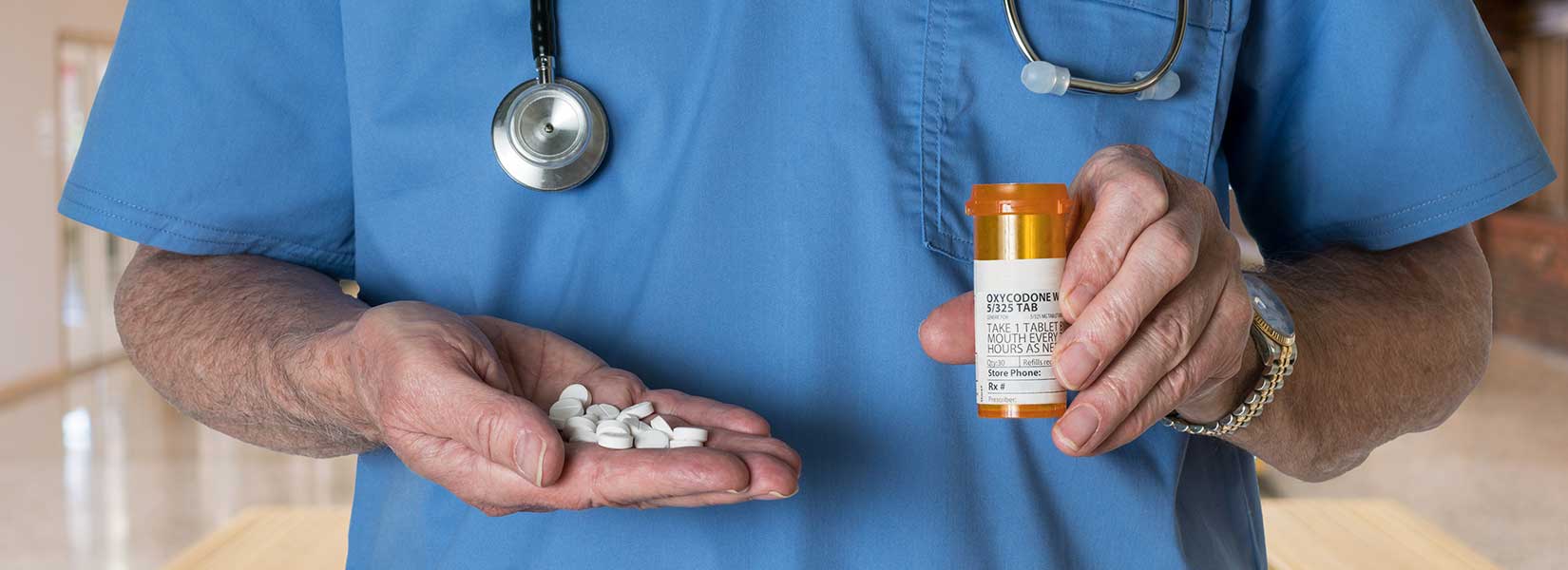How Young is Too Young for Opioid Abuse and Addiction?
Opioid abuse is a serious addiction, and the subject isn’t light. The problem is that many people believe that this addiction only ails people who are well-developed and well into their adult years. While it’s true that opioid addiction strikes adults and the elderly, it also affects teens and young adults.
There is no one too young for opioid abuse, although the medical community should be aware of how it’s prescribing opioids to teens and young adults. Often this drug addiction stems from an unnecessary prescription that then spirals out of control. In some cases, the teen or adult may come across the drug through someone else who had a prescription that they didn’t need.
The overarching theme is that opioids are available, and opioid addiction is a widespread epidemic.
What are Opioids?
Opioids include prescription painkillers, fentanyl, and heroin. Few people start an opioid addiction with heroin; rather many starts with a Vicodin prescription. Between 2014 and 2015, the drug overdose death rates for teens increased as the opioid epidemic continues to grow nationally.
The National Center for Biotechnology Information cites that the opioid epidemic is the most devastating public health problem since the HIV/AIDS epidemic.
Fayetteville, NC has seen the same trend in opioid prescriptions and availability that every other city has seen since the 1990s. These drugs often in pill form are becoming commonplace. They’re found in nearly every medicine cabinet and in schools.
Common opioid prescription names include:
- Hydrocodone (Vicodin)
- Oxycodone (OxyContin – Percocet)
- Oxymorphone
- Morphine
- Codeine
- Fentanyl
When Do Doctors Begin Prescribing Opioids?
Is it surprising that these prescriptions are available to teens and pre-teens? In fact, many parents are aware of their children’s initial use of an opioid, and it seems fine because it came from a doctor. The issue is that the guidelines for prescribing opioids aren’t strict enough.
The CDC has guidelines in place that should help doctors identify when an opioid prescription is necessary. However, many doctors provide a prescription to anyone who complains of chronic pain. About 11% of the population complains about daily pain. Meaning that more than one in ten people fit the suggested baseline that doctors use to offer opioids to their patients.
These guidelines only address the prescribing options for those who are 18 or older. But teens who break bones, have severe injuries, are undergoing extensive medical treatment, or even have wisdom teeth removed often receive prescriptions for opioids.
An estimated 15.8% self-reported prescription drug abuse and misuse were between the ages of 12 and 17.
Can Children Suffer From Opioid Addiction?
In short, yes. However, children and teens should only have access to these medications through you or their guardian. That being said, it doesn’t mean that they can’t find alternatives such as buying them from friends or finding a local drug dealer.
The best way to avoid or prevent addiction is to keep open conversations about the use and misuse of the prescription. Carefully monitor your child and allow them the chance to go unmedicated if they’re not in significant pain.
As opioids are painkillers, many parents will administer them whenever the child or teen complains of pain. This behavior can lead to addiction and abuse.
Handle Medication Carefully
This medication, specifically for teens and young adults, comes with a strict set of guidelines. Not only should you only use the medication as prescribed, but you should keep it out of reach and out of sight.
Although the person with the prescription may not have an addiction or abuse the drug, others are likely to. Opioids are an ongoing epidemic, and that means that it’s not safe sitting out on your kitchen counter.
Identifying the Early Signs of Opioid Addiction
The best way to ensure that your child, teen, or young adult stays away from opioid addiction is to monitor them for the early signs carefully. Monitor the use and identify if there are signs of misuse.
To do this, you should keep any prescription for a person under 18 locked away when not in use. Then you should carefully monitor the depletion of the prescription, keep count of pills, and be present when administering doses.
If you suspect that someone in your family, a teen, young adult, or adult, has a budding opioid addiction, seek out treatment. If you are abusing opioids, seek out treatment. There are many treatment options available. Rehab Carolinas helps people find a treatment that fits their lifestyle and their type of drug abuse.
